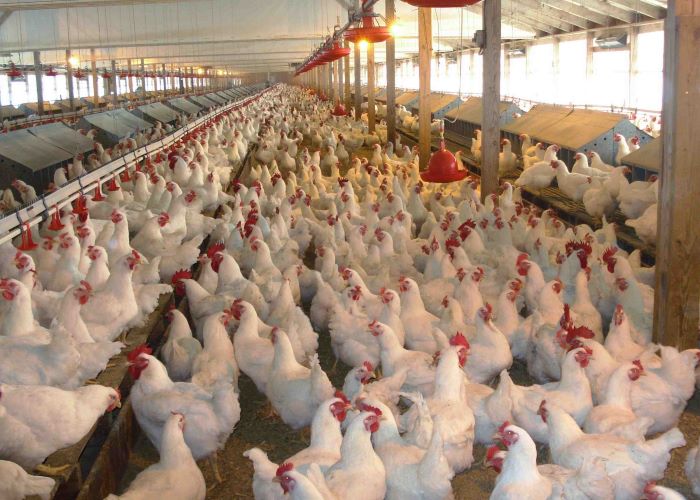The Federation of Kenya Poultry Farmers, a farmer lobby group has asked the Department of Veterinary Services and Department of Livestock Production to temporarily suspend the importation of processed poultry products from all the East African Community countries following what they said was an oversupply of the same.
Failure to do this, they said, would result in the local poultry farmer selling their processed meat at throwaway prices. In April, President Uhuru Kenyatta urged farmers to increase production so that Kenyans don’t get hungry during the Covid-19 pandemic.
In a press statement issued by Kenya Poultry Breeders Association, in the same month, also urged poultry farmers to increase production, “we foresee a massive shortage of chicken and egg supply in the next coming months due to decline in day-old chicks placement over the past three weeks. Therefore, we are encouraging our farmers not to stop the chicken business. The government has laid down measures to ensure poultry farming will not be interrupted including feed supply and chicken distribution.”
Monica Wanjiru, the President of Federation of Poultry Farmers said Kenya has a surplus of 253 days in chicken inventory. This means that despite the COVID-19 pandemic, the projected supply of poultry products will be good to last at least until the second half of 2021.
Effects of COVID-19
In fact, and conversely, Monica says, The COVID-19 crisis has severely aggravated the situation with the closure of hotels, restaurants, and other institutional buyers coupled with the restrictions in the movement of goods and people.
As of May 20, the inventory for dressed chicken frozen inventory stood at 71.86m kilos, a data from the Kenya Poultry and Breeders Association (KPBA). This according to only cold storage facilities accredited by the association.
According to the farmers’ lobby group, the cessation of imports will help preserve the remaining production potential for 2020. This will cushion the local industry, especially those at the breeder stage of the value chain, to be able to hold on until times are less volatile.








